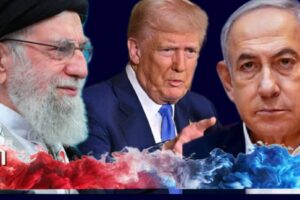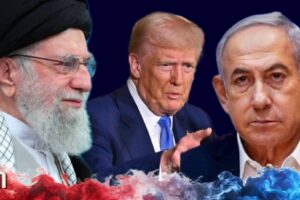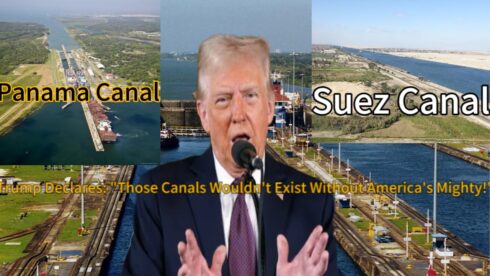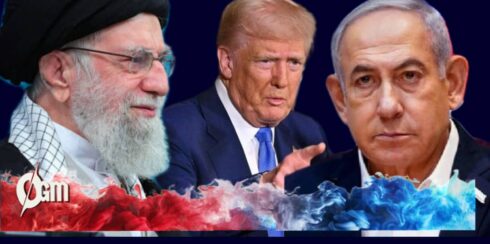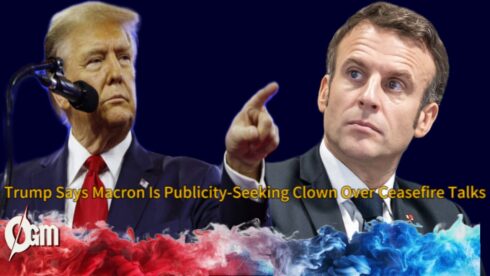U.S. President Donald Trump spured a global diplomatic firestorm by asserting that American ships — military and commercial — should traverse the Panama and Suez Canals free of charge. “Those canals would not exist without the sacrifices, engineering, and financial prowess of the United States of America,” Trump exclaimed during a high-stakes press conference at Mar-a-Lago. According to Trump, America’s historical investments and strategic support during pivotal moments granted it a “perpetual right” to unimpeded access.
Donald Trump’s remarks instantly ignited debates across Washington, Cairo, and Panama City, with many historians and analysts noting the profound U.S. involvement in both canal projects. However, Trump’s blunt demand for free passage marks an unprecedented break from international norms and treaty obligations, setting the stage for potential global maritime tensions and a possible realignment of shipping diplomacy.
Donald Trump Directs Marco Rubio to “Seal the Deal Immediately”
Donald Trump wasted no time in moving from rhetoric to action. He directed newly appointed Secretary of State Marco Rubio to “immediately take care of, and memorialize” the demand through formal diplomatic channels. Trump, known for his aggressive negotiation style, instructed Rubio to treat this as a matter of “urgent American sovereignty and maritime supremacy.”
Rubio, a longtime foreign policy hawk, now faces a daunting task: convincing two sovereign nations to allow American vessels free transit without monetary exchange. Analysts predict that such a demand could unravel decades of international agreements, including the Panama Canal Treaty of 1977 and the long-standing Egyptian control over Suez revenues, sparking a dangerous ripple effect through global trade routes.
Global Leaders React: Outrage, Shock, and Diplomatic Threats
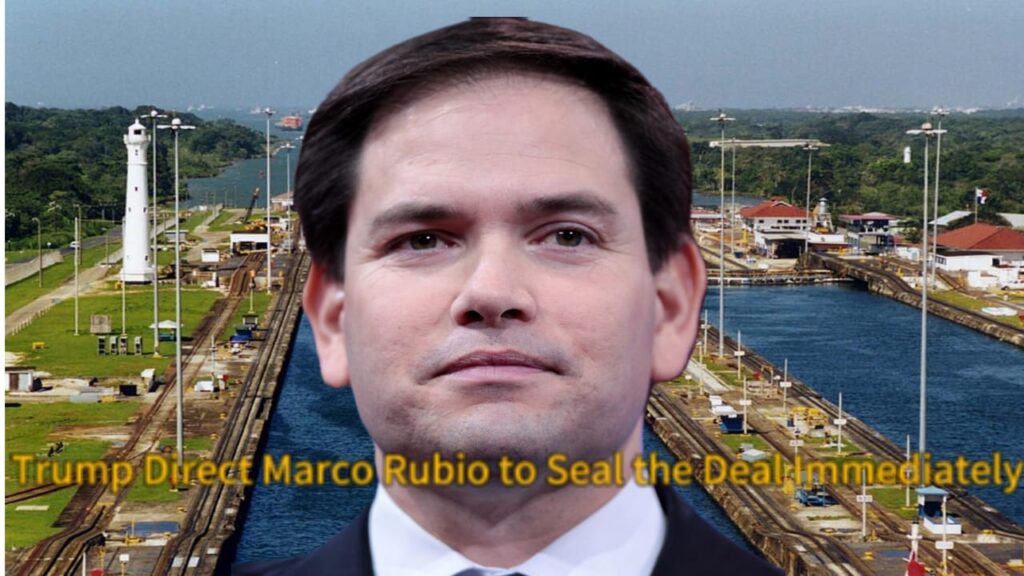
Donald Trump’s statement sent shockwaves through international capitals. Panamanian President José Gabriel Carrizo swiftly condemned Trump’s assertion, labeling it “neo-colonialism disguised as historical revisionism.” Egyptian officials issued a rare joint statement, emphasizing that the Suez Canal is “the sovereign property of the Egyptian people, and any alteration to its navigation terms is non-negotiable.”
From Brussels to Beijing, leaders expressed alarm that Trump’s demand could upend global shipping stability. Many pointed out that charging tolls at these canals is critical for the economic security of Panama and Egypt, and any U.S. attempt to bypass payment could escalate into economic retaliation or even restricted access for American vessels — triggering major supply chain crises.
American Public Opinion: Deeply Divided Over Trump’s Gambit
Donald Trump’s move has fiercely divided public opinion at home. Nationalist and conservative commentators cheered the President’s stance, hailing it as a restoration of American pride and a rejection of “globalist exploitation.” Trump supporters flooded social media with hashtags like #OurCanals and #AmericaBuiltIt, demanding that Washington “reclaim what rightfully belongs to America.”
Conversely, critics argue that Trump’s plan risks alienating crucial allies, undermining international law, and damaging U.S. credibility. Democratic leaders lambasted the proposal as “dangerous, reckless, and a direct attack on the global order.” Business groups, particularly those in the shipping and logistics sectors, warned that retaliatory fees or shipping restrictions could cost the American economy billions annually.
Historical Perspective: U.S. Blood and Treasure in Canal Construction
Donald Trump’s claims hinge on undeniable historical facts regarding American involvement in both canals. The U.S. orchestrated the Panama Canal’s construction in the early 20th century, spending nearly $400 million — an astronomical sum at the time — and sacrificing thousands of workers’ lives to carve a waterway through brutal terrain. Similarly, while the Suez Canal was originally constructed by the French and Egyptians, U.S. military intervention during the 1956 Suez Crisis crucially preserved Western access.
Historians acknowledge that while America’s role was pivotal, sovereignty over both canals was subsequently formalized under internationally recognized treaties. Trump’s assertion of an eternal American privilege has no basis in current international law, making the legal foundation for his demand highly contentious and likely to spark prolonged litigation at bodies like the International Court of Justice.
What Comes Next: A Brewing International Crisis?
Donald Trump has thrust the United States into a complex geopolitical gamble. If Panama and Egypt refuse — as they likely will — Trump could retaliate economically or even threaten military action, drawing the U.S. into a new era of maritime confrontations. Shipping companies, already jittery from recent Red Sea tensions, are bracing for possible disruptions that could skyrocket global freight rates and inflation.
Meanwhile, diplomats worldwide are scrambling to contain the fallout. As Secretary Rubio prepares to negotiate, the world watches anxiously. Will Trump’s audacious gamble succeed, restoring a perceived lost American dominance? Or will it backfire, pushing two vital international waterways into a volatile new era of confrontation and uncertainty? The coming weeks will be critical in defining not just Trump’s legacy, but the future of global trade itself.

